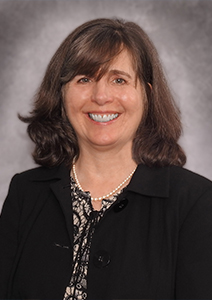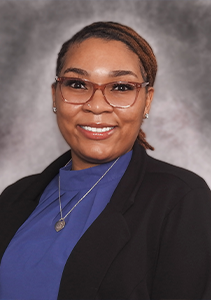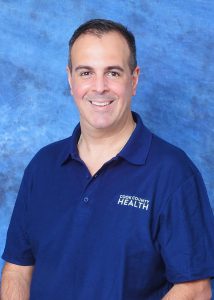June 27, 2019
CHICAGO – Cook County Health today joined groups around the country to advocate the importance of HIV testing on National HIV Testing Day. National HIV Testing Day was first observed on June 27, 1995. It is a day people are encouraged to get tested for HIV, know their HIV status and get linked to care and treatment.
“The only way to know your HIV status is to get tested,” Mildred Williamson, PhD, MSW, Interim Executive Director, Ruth M. Rothstein CORE Center. “Getting an HIV test is easier and faster than ever, but more people still need to decide to take the test.”
The Centers for Disease Control and Prevention (CDC) estimates 1 in 7 people in the U.S. living with HIV are unaware of their infection. The CDC now recommends that everyone between the ages of 13 and 64 get tested for HIV at least once as part of routine health care.
Dr. Oluwatoyin Adeyemi, Senior Director of HIV Services at the CORE Center, and Rae Lewis-Thornton, activist and Cook County Health patient, spoke about the importance of getting tested and Cook County Health’s work in HIV/AIDS care.
Ms. Lewis-Thornton is an acclaimed motivational speaker, Emmy winner and AIDS activist. She was diagnosed more than 25 years and has used her position to educate others about living with HIV/AIDS.
Cook County Health is proud of its work to increase accessibility to HIV testing and provide care to HIV and AIDS patients. The Ruth M. Rothstein CORE Center is one of the largest HIV/AIDS clinics in the U.S., treating more than 5,000 patients annually for HIV/AIDS and other infections. Cook County HIV Integrated Program (CCHIP) sites are at Provident Hospital, Austin Health Center, and South Suburban HIV/AIDS Regional Coalition (SSHARC), which includes Blue Island, Robbins and Cottage Grove Health Centers. CCHIP treat an additional 1,000 patients annually.
The CORE Center and Cook County Health are partners of Getting to Zero Illinois, a statewide initiative to end the HIV epidemic in the state by 2030. This can be achieved by getting 20 percent more people living with HIV virally suppressed and 20 percent more people vulnerable on Pre-exposure Prophylaxis (PreP).


